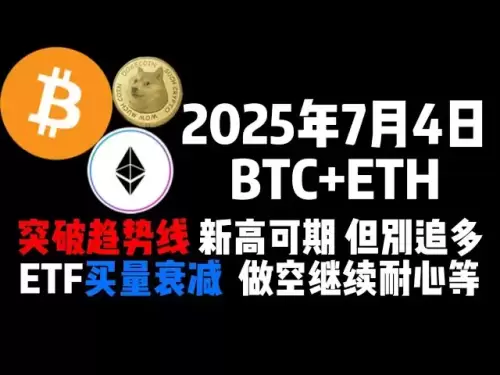A deep dive into the latest scams involving fake JD.com stablecoins, Solana phishing schemes, and the broader implications for crypto investors.
The crypto world, while innovative, remains a playground for scammers. Lately, 'Fake JD, stablecoins, Solana scams' are rampant. Let's break it down.
Fake JD Stablecoins: A Cautionary Tale
JD.com, the Chinese e-commerce giant, has issued a stark warning: any service claiming to offer its stablecoin is likely fraudulent. Scammers are luring people with promises of free JD.com stablecoins, capitalizing on JD.com's reported interest in obtaining a stablecoin license in Hong Kong. The company clarified that it has not issued a stablecoin or formed any partnerships related to one. These schemes often involve signing up and referring friends for rewards, a classic pyramid scheme tactic. Don't fall for it, folks!
Solana Scams: Phishing in South Korea
Meanwhile, across the globe, Solana users in South Korea are being targeted by sophisticated phishing scams. Impersonators are creating fake Solana-related groups on KakaoTalk, a popular messaging app. These groups mimic legitimate communities like Superteam Korea, using official branding to trick users. The scammers then use phishing links to direct victims to fake Solflare wallet websites, promising free SOL rewards for creating a wallet. Once users deposit their SOL, they are encouraged to stake their tokens with the promise of daily interest payouts, leading many to deposit their SOL. When victims try to withdraw, poof! The scammers disappear.
The Ripple Effect: RLUSD and Institutional Adoption
Amidst all the scam chaos, there are legitimate developments in the stablecoin space. Ripple has recently minted 16 million RLUSD stablecoins, signaling growing demand. AMINA Bank, a cryptocurrency bank, now supports RLUSD, offering custody and trading services. The reserves backing RLUSD are held at Standard Custody, adding a layer of security. This move signals that even with all the scamming, stablecoins backed by fiat are becoming more and more popular with financial institutions.
The Broader Picture: Regulation and Innovation
These scams highlight the urgent need for stricter regulation and greater user awareness. As more institutions embrace crypto, the risks of fraud also increase. While China cracks down on crypto trading, other countries are exploring the potential of stablecoins and digital currencies. The key is to stay informed, be skeptical of too-good-to-be-true offers, and only use reputable platforms.
Final Thoughts
The world of crypto can be a wild ride, full of both innovation and risk. Stay vigilant, do your research, and remember: if it sounds too good to be true, it probably is. And hey, at least we can all learn from these scams and become a little bit wiser, right? Stay safe out there, crypto cowboys and cowgirls!












































































